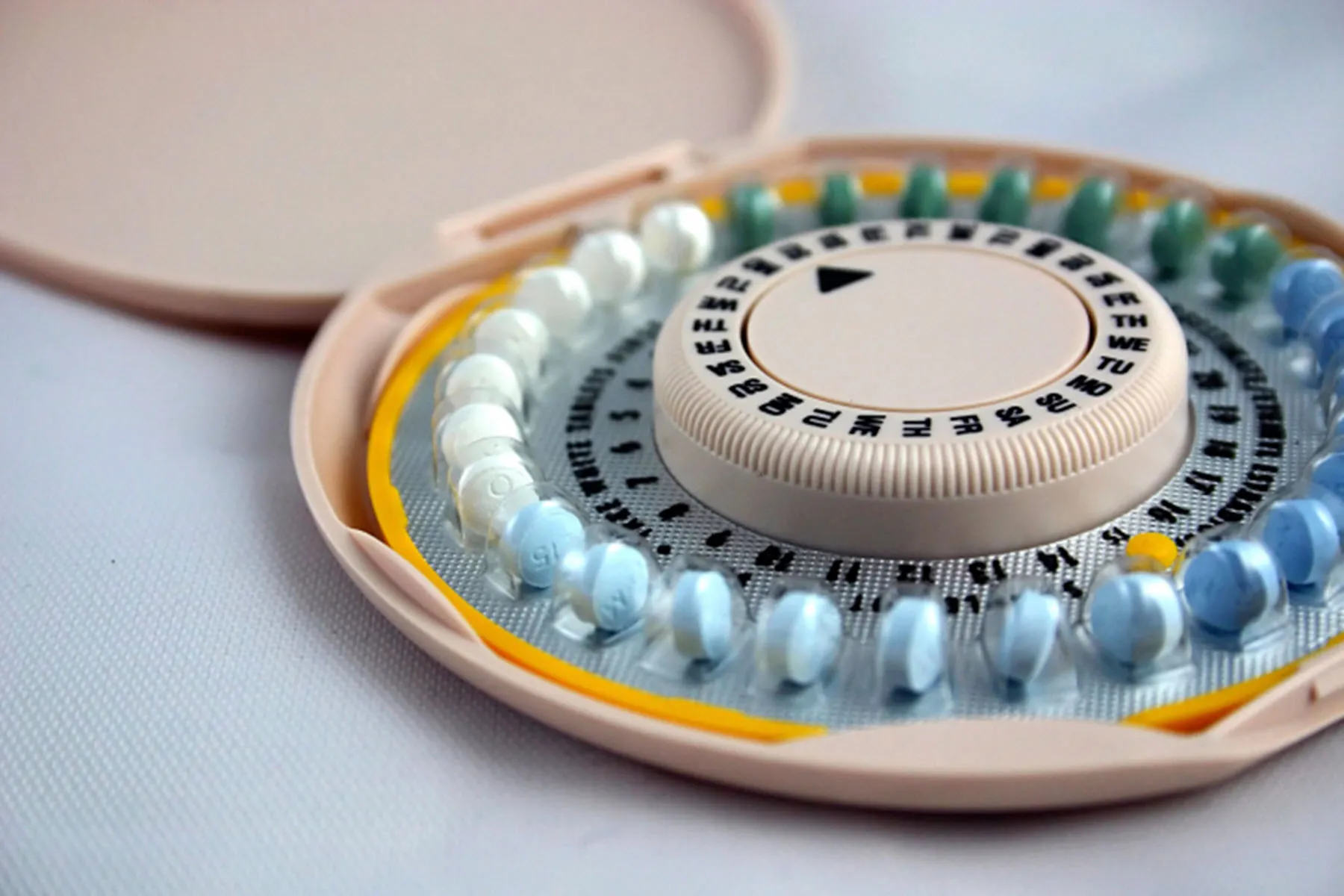
The most common types of birth control were female sterilization (18%), oral contraceptive pills (14%), long-acting reversible contraception, or LARCs (10%), and male condoms (8%).
from WebMD Healthhttps://img.webmd.com/dtmcms/live/webmd/consumer_assets/site_images/article_thumbnails/blog_posts/womens-health/1800x1200_pills1.jpg https://ift.tt/37wRRNM
via IFTTT








0 comments:
Post a Comment